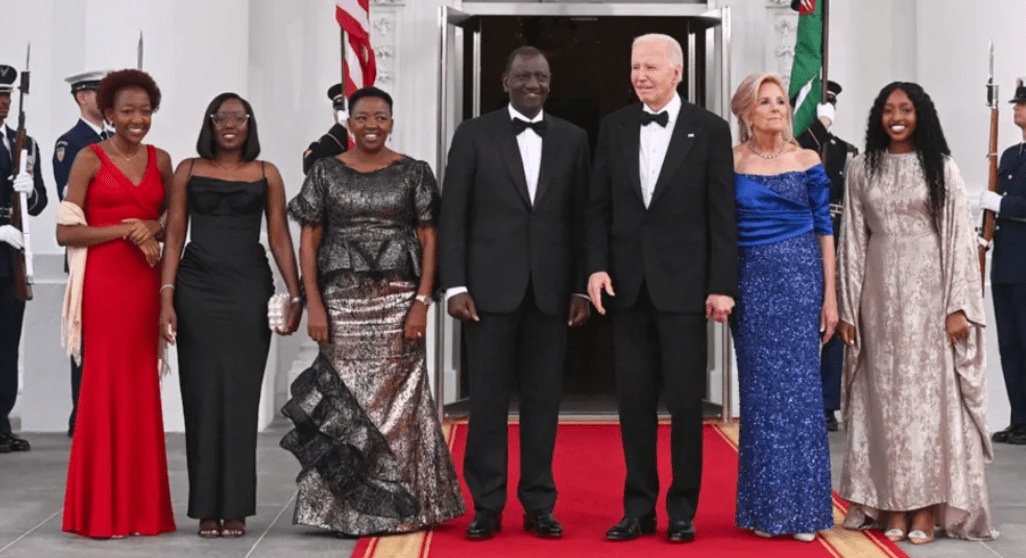In the wake of growing unrest and severe backlash, Kenyan President William Ruto has found himself at the centre of a political storm.
Labelled a “puppet of the West” by critics, calls for his resignation have intensified following his controversial finance bill proposal aimed at raising additional funds to manage Kenya’s heavy debt load.
President Ruto recently announced that he would not sign the contentious bill, a decision that came after international outrage over the proposed tax increases intended to raise $2.7 billion USD. The move was seen as a response to the deadly protests that have engulfed the nation, leading to at least 23 fatalities and numerous injuries.
“He cannot be trusted,” said Kenyan MP hopeful Makena Mwita in an interview with BACKCOVERNEWS.COM.
Mwita, who currently resides in Australia, expressed deep frustration with the Kenyan government’s “extravagant” spending habits and perceived corruption.
“This movement is not all about the finance bill; there’s more to it. Kenyans are sick of corruption, overspending by government… they’re saying enough is enough.”
Legal experts have noted that if a bill is not assented to within 14 days, it automatically becomes law. This leaves a narrow window to see if President Ruto will honour his recent promise to reject the bill.
“For now, it’s just a promise and most of his promises have not been met,” added Mwita.
Ruto’s surprising decision not to sign the finance bill marks a significant climbdown, especially given his initial advocacy for the bill.
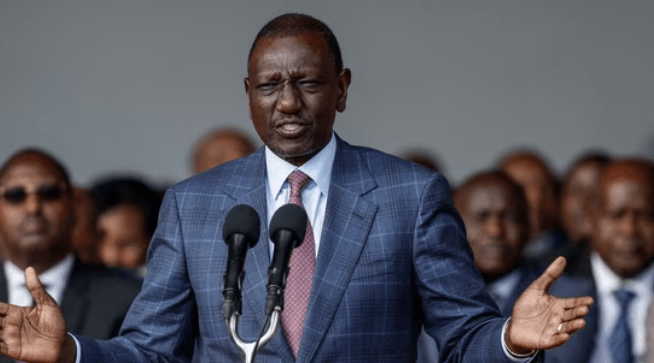
The decision followed violent clashes between police and protesters at the Kenyan assembly and across the nation. In a press briefing in Nairobi, Ruto stated, “Listening keenly to the people of Kenya, who have said loudly that they want nothing to do with this finance bill 2024, I concede. And therefore, I will not sign the 2024 finance bill, and it shall subsequently be withdrawn.”
This reversal is viewed as a major setback for Ruto, who ascended to the presidency nearly two years ago, promising to assist Kenyans in coping with rising living costs. His administration now faces severe criticism, particularly from the youth, who have vehemently opposed his recent reforms.
To address the volatile situation, Ruto proposed dialogue with young people, civil society, religious organisations, and professional bodies regarding the bill. Additionally, he directed austerity measures to cut expenditure in his office, the executive, parliament, judiciary, and county governments. These measures aim to demonstrate a commitment to living within the country’s means and responding to the populace’s demands.
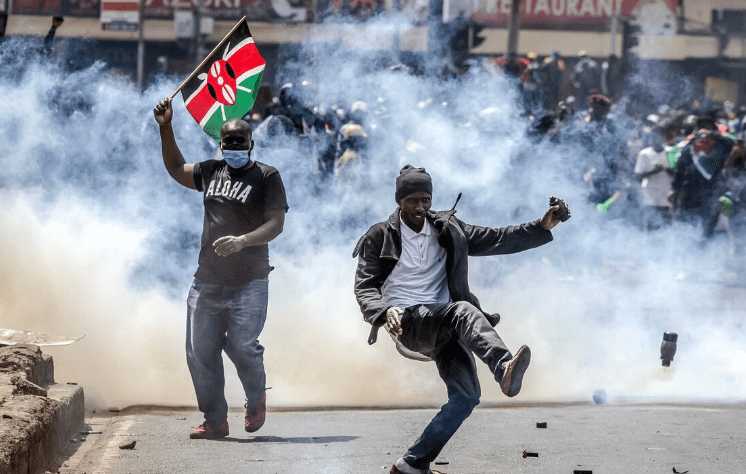
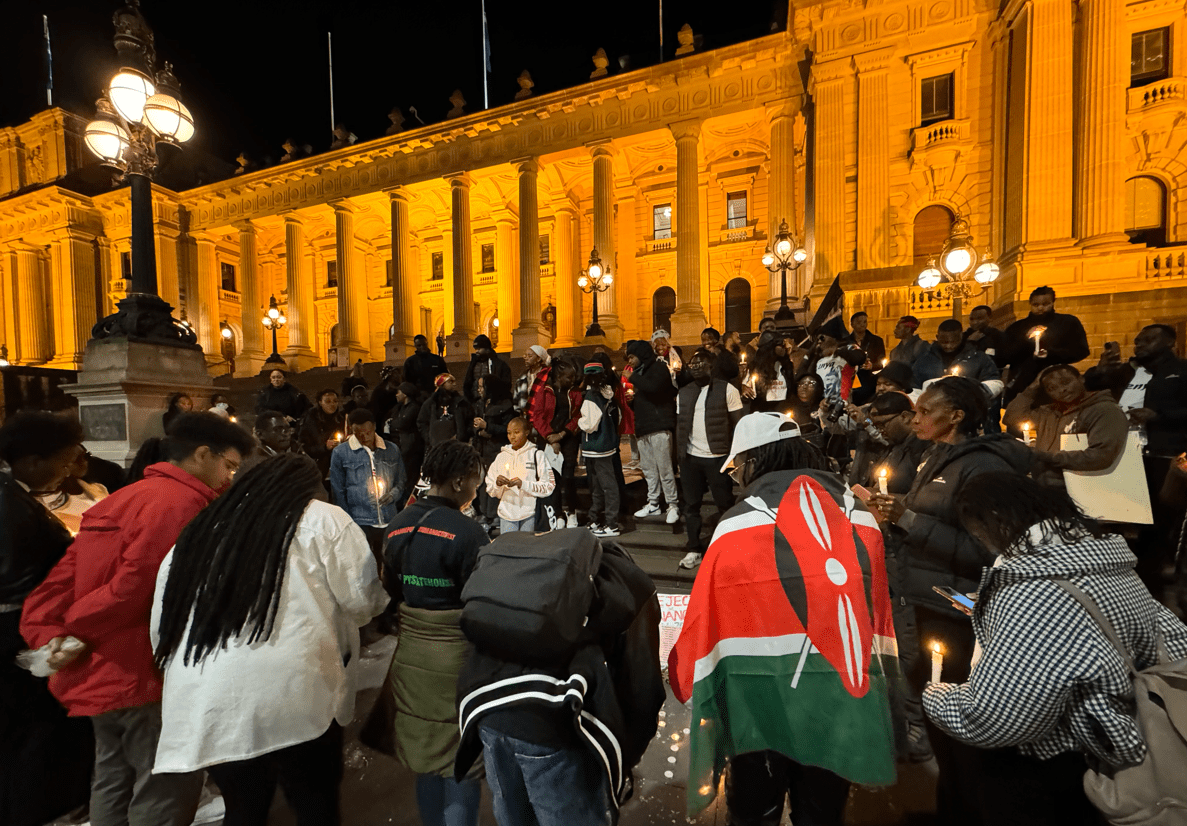
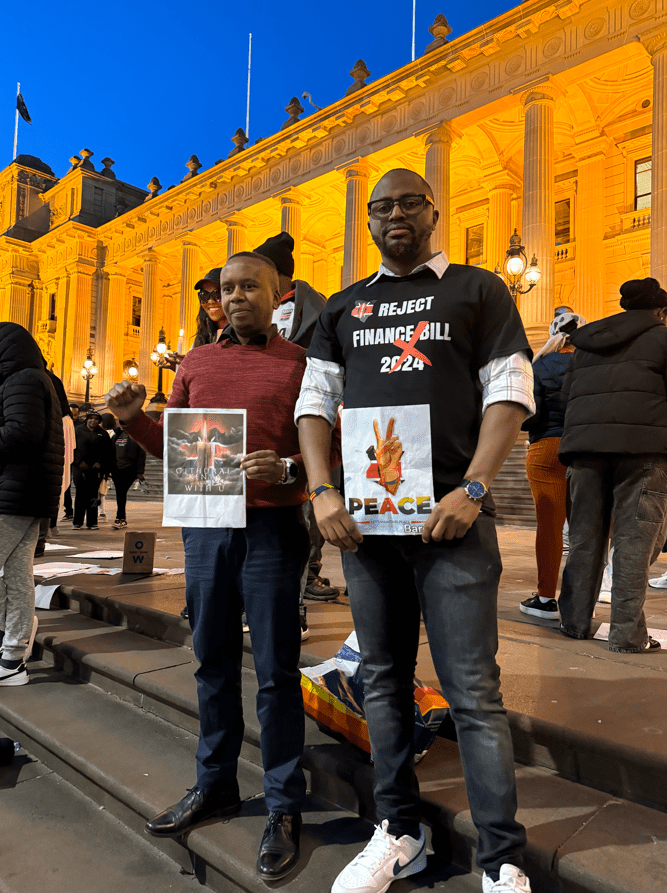
The youth-led protest movement that has emerged from online discontent into widespread rallies is considered a significant force behind this political crisis. President Ruto’s decision to withdraw the bill is seen as a victory for this movement, which has called for a political overhaul.
Kenya’s debt, estimated at upwards of $82 billion USD, places immense pressure on the nation. The finance bill aimed to generate $2.7 billion USD to alleviate some of this debt, with interest payments consuming 37 per cent of the annual revenue. However, the proposed tax increases come at a time when Kenyans are grappling with the economic impacts of the COVID-19 pandemic, the war in Ukraine, consecutive droughts, and currency depreciation.
Last month, The White House went all out for President Ruto and his wife Rachel with a State Dinner that featured celebrity guests, a delicious menu, and lively performances.
Mwita questioned the US-basedInternational Monetary Fund’s (IMF) role in the drafting of the proposed finance bill. The IMF is a major financial agency of the United Nations.
“I would say the IMF did [help draft the bill],” he claimed. “As a pan-African, I would say the President is being a puppet of the West. In so many instances we’ve seen him make very unnecessary and unpopular moves, including recently when he took sides between the Ukraine and Russia war, especially after visiting the US.
“And we have seen when this bill was going through the first reading we saw a number of IMF representatives sitting in parliament, so obviously there are a lot of external forces that are involved in Kenyan politics and financial policies.”
When asked about claims of policy influence, the IMF referred BACKCOVERNEWS.COM to a general statement from its Director of Communications, Julie Kozack.
“We are deeply concerned about the tragic events in Kenya in recent days and saddened by the loss of lives and the many injuries. Our thoughts are with all the people affected by the turmoil in the country,” the statement read.
“The IMF is closely monitoring the situation in Kenya. Our main goal in supporting Kenya is to help it overcome the difficult economic challenges it faces and improve its economic prospects and the well-being of its people.
We are committed to working together with Kenya to chart a course towards robust, sustainable, and inclusive growth.”
